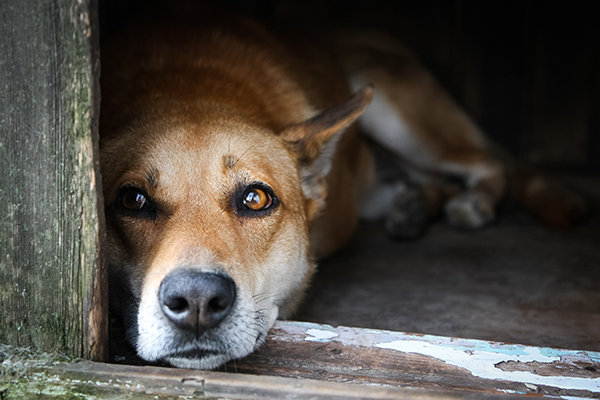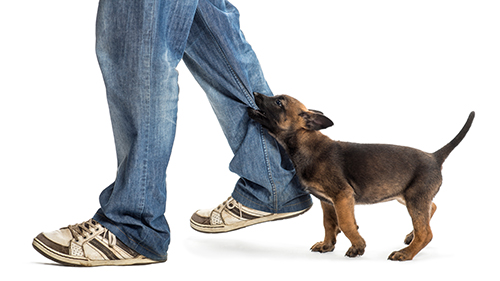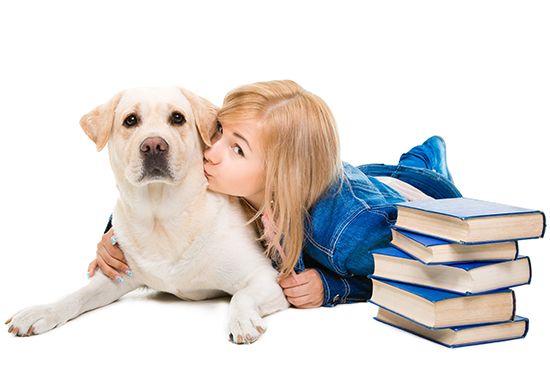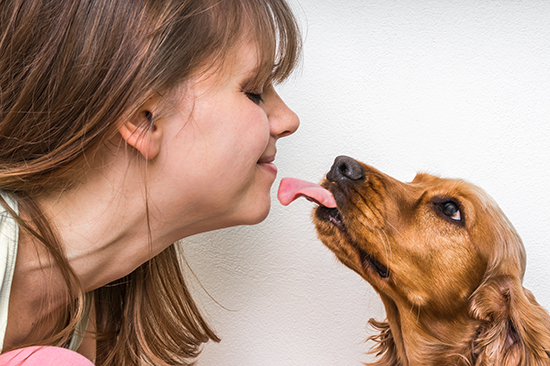Separation Anxiety in Dogs
 Separation anxiety in dogs is a very real illness. It’s a pet’s inflated terror over parting from its owners. Like flawless individuals, flawless animals don’t exist.
Separation anxiety in dogs is a very real illness. It’s a pet’s inflated terror over parting from its owners. Like flawless individuals, flawless animals don’t exist.
The holidays can entail less time with family members, children in school all day, holiday traveling, shopping, etc. That can initiate separation anxiety in dogs.
Frequently, indications of minor separation anxiety are overlooked by owners as they have a tendency to happen when we are not home or are believed as merely being an indication that our pet adores us.
Dogs in danger of separation anxiety might:
- Often pursue an owner’s interest during the day
- Shadow owner(s) around the house
- Pursue consolation from owners when something unforeseen happens
- Welcome owners boisterously once they get home
Indications of established separation anxiety consist of:
- Yapping, whining, or yowling when left alone
- Damaging actions
- Getaway efforts through or around doors, windows, enclosures, barriers, etc.
If you think that your dog might have separation anxiety, it is vital to keep in mind that he or she is genuinely horrified in your absenteeism. Reprimand of any kind is undeniably the erroneous retort to terror and will truly make the condition worse, instead of improved. Helpful treatment for separation anxiety includes evading the actions that underline “neediness,” training the dog to unwind, and offering constructive support for doing so.
Behavioral adjustment procedures frequently contain recommendations, like:
- Pretend to go, but then remain or walk out the door. Instantly return. Providing the dog stays composed, slowly upsurge the quantity of time you are gone.
- When you do return, pay no attention to your dog until he or she is composed.
- Do not permit your dog to snooze in your bed.
- Ask someone else to perform tasks with your dog that he or she revels in.
- Get your dog to anticipate the time alone by meting out distinct playthings once you
- depart and stashing them away when you return.
- If you frequently have a TV or radio set on while you are at home, leave it when you go away.
Prescription and nonprescription anxiety relievers can likewise be beneficial, but must be regarded as a method of augmenting the helpfulness of instead of substituting behavioral adjustment methods. Dr. Whitworth can typically make suggestions for controlling slight or temperate cases of separation anxiety, but if the state is totally unmanageable, a recommendation to a veterinary behaviorist might be the best choice for all involved.
Whitworth Animal Clinic is located in Madison, AL. Dr. Charles Whitworth has been taking care of dogs and cats for over 30 years and would love to be your pet family’s veterinarian. Call and schedule your pets wellness checkup today.
For more information on how to stop separation anxiety in dogs: https://www.aspca.org/pet-care/dog-care/common-dog-behavior-issues/separation-anxiety







Leave A Comment